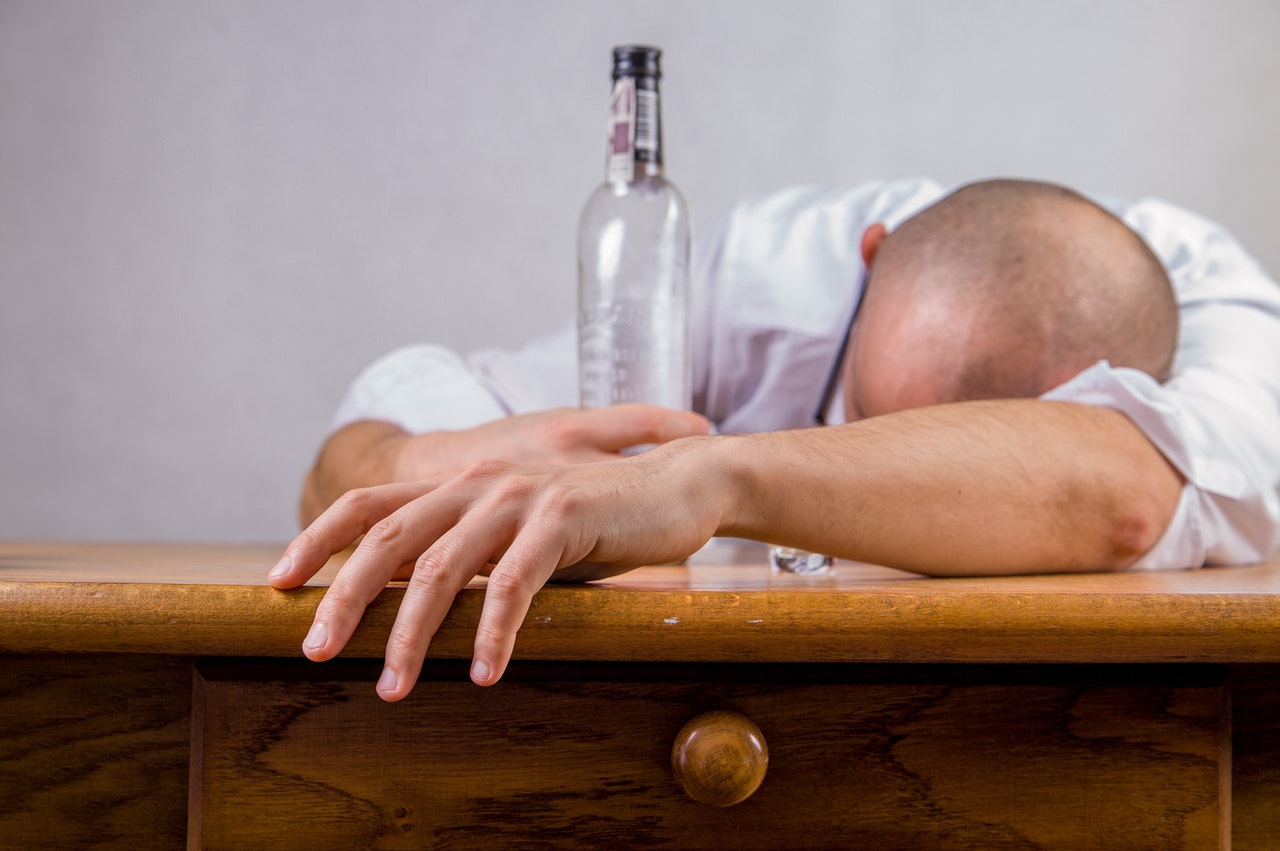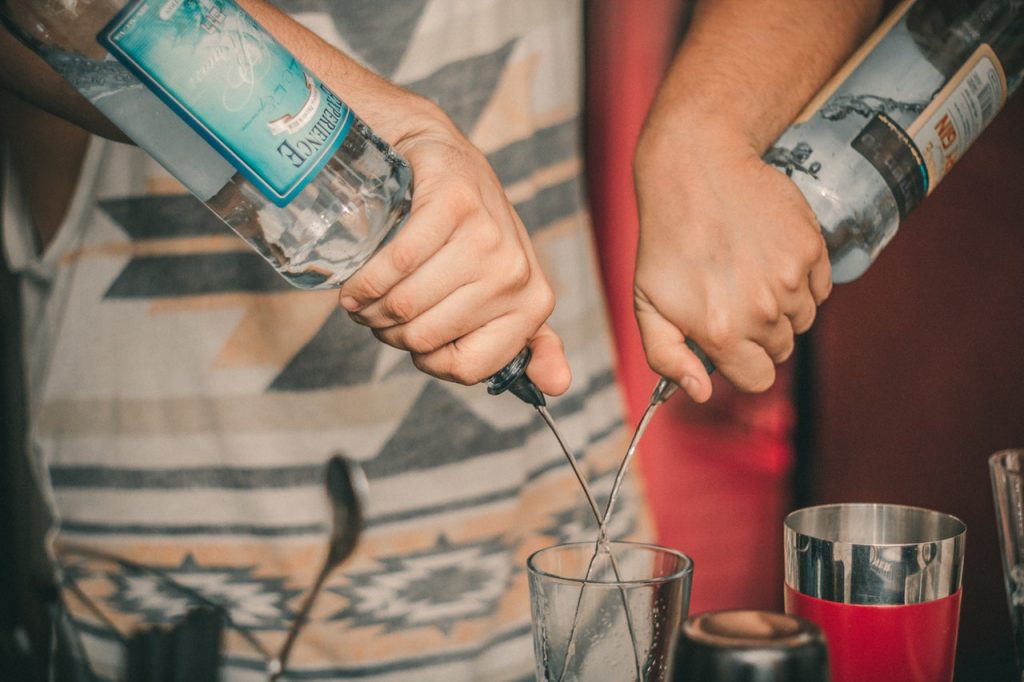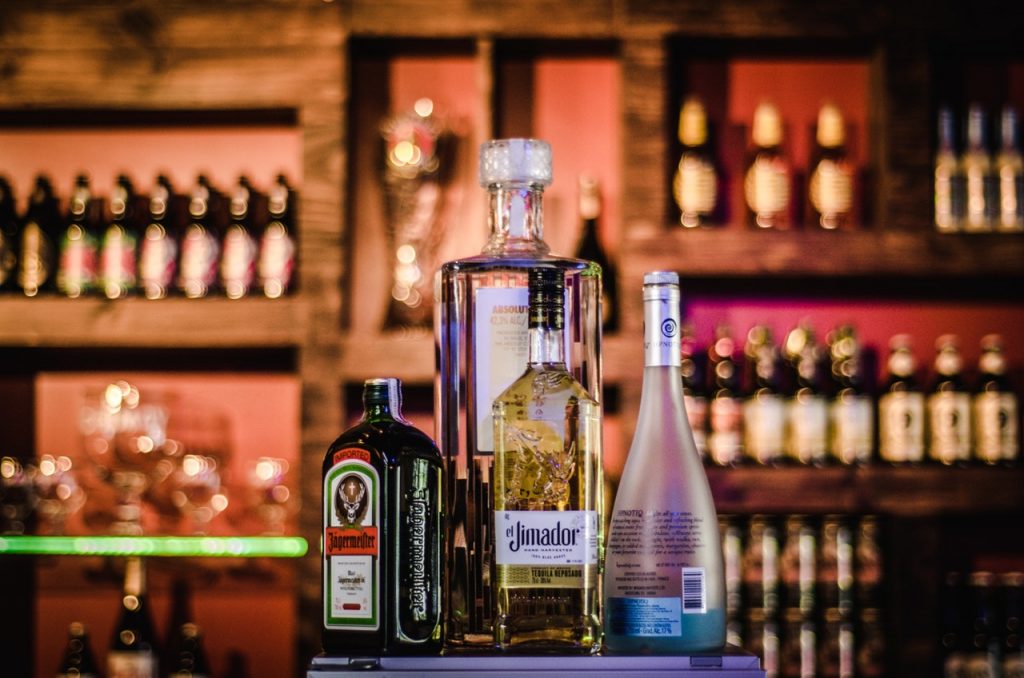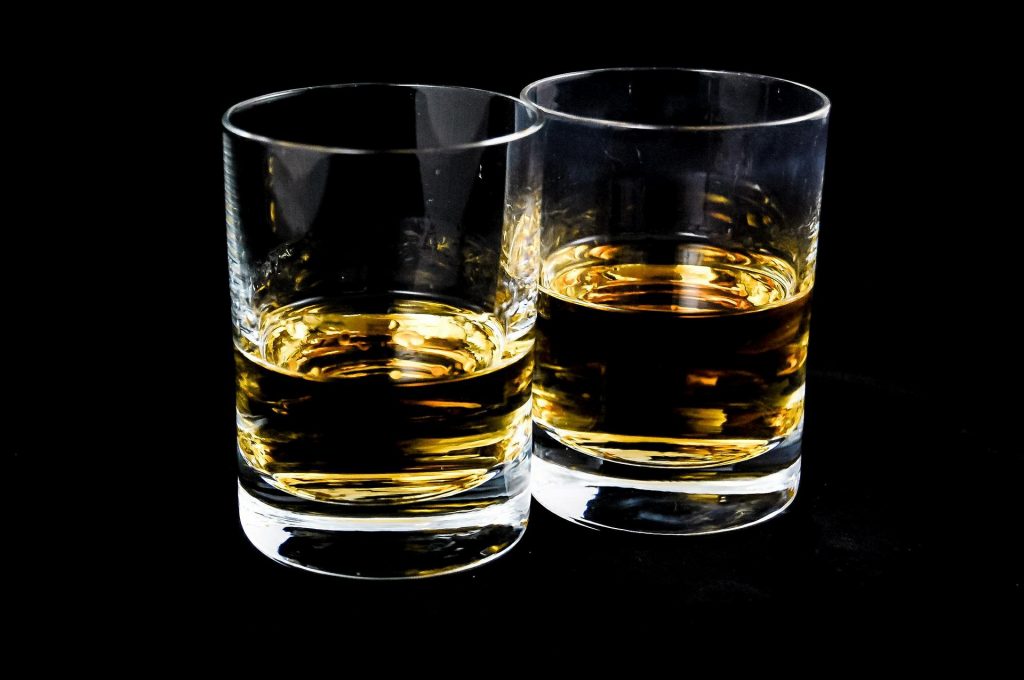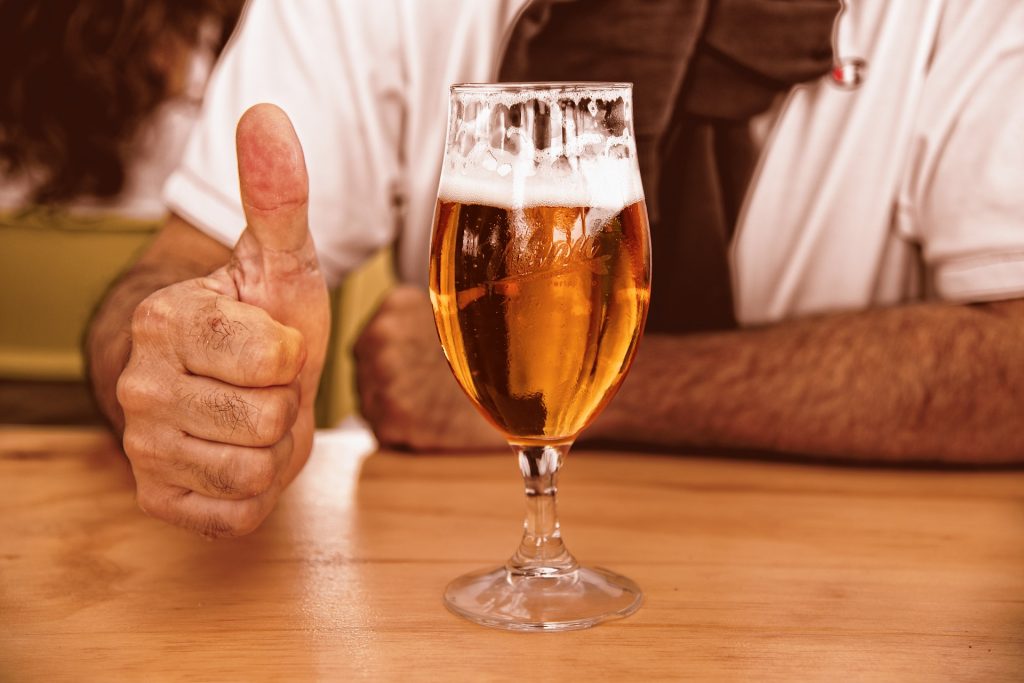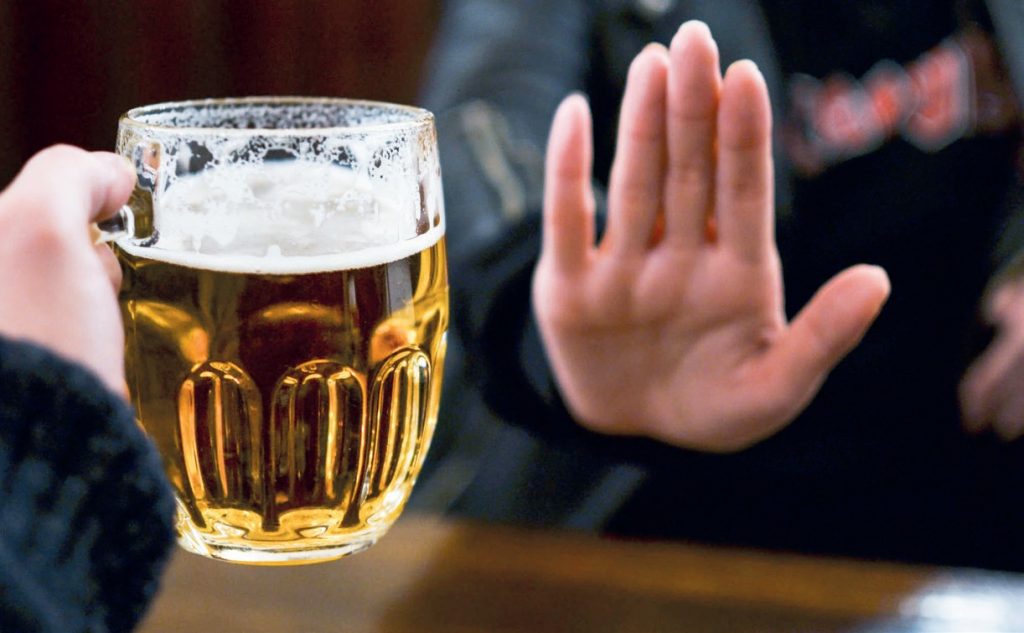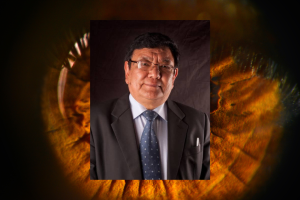If you drink alcohol heavily for weeks, months, or years, you will have both mental and physical problems.
It is more likely to have problems when you stop or seriously cut back on how much you drink.
This effect is known as alcohol withdrawal.
Almost all American adults over the age of 18 have consumed alcohol at some point.
According to Substance Abuse and Mental Health Services (SAMSHA), “Around 88,000 people in United States die every year from alcohol addiction, misuse, and abuse.”
If you drink only once in a while, it’s unlikely that you’ll have alcohol withdrawal symptoms when you stop.
But if you are a chain alcoholic, you will suffer from it not when you are consuming alcohol, but when you leave it.
In this article, we bring you everything you need to know about alcohol withdrawal so that you can be careful if you are an alcoholic.
What is Alcohol Withdrawal?
Alcohol acts as a social lubricant, a self-medication for many, who use it to deal with certain emotions.
However, it always depends on how much you intake it. Whether you take it once in a while or become an alcoholic.
When someone drinks alcohol heavily for any amount of time, he/she might experience physical or mental pressure when he/she stops drinking.
These symptoms clearly classify as alcohol withdrawal which can range from mild to severe.
Usually, occasional drinkers won’t suffer from these types of syndromes.
However, if a person becomes intoxicated to alcohol, there is high chance of him/her to suffer.
What Causes Alcohol Withdrawal?
Alcohol when consumed heavily can have a depressive effect on a human body system.
It can slow down brain functioning and affect how the nerves end messages back and forth.
Over time, your central nervous system adjusts to having alcohol around all the time and you become alcoholic.
Your body will work to keep your brain in a state where it is awake, however, your nerves will want alcohol.
When the alcohol level suddenly drops, your brain stays in this keyed up state. That state is called alcohol withdrawal.
What are the Signs and Symptoms of Alcohol Withdrawal?
When someone mentions alcohol withdrawal, they are referring to the symptoms that a person will suffer after leaving alcohol.
There are several signs and symptoms of alcohol withdrawal which varies from person to person.
For instance, people who don’t drink as frequently or as heavily might have a mimic hangover over time.
However, for a chain alcoholic, it might not affect them while drinking but can after he/she stops it.
As the most severe form of alcohol withdrawals symptoms, fever tremens can cause both sudden and sever problems in the nervous system and the brain.
However, only about 3% people who drink alcohol will experience fever tremens while the others will suffer from alcohol withdrawal symptoms.
Alcoholic might also have heavy risk of having injuries, infections and illness while they don’t consume food during drinks.
The Centers for Disease control and Prevention classify heavily drinking as consuming 15 or more drinks per week for a man and 8 or more per week for a woman.
Some of the more common alcohol withdrawals signs and symptoms include:
- Inability to think clearly
- Nightmares
- Anxiety
- Depression
- Irritability
- Fatigue
- Shakiness
- Nausea
- Vomiting
- Headache
- Sweating
- Mood swings
Less frequently, people can develop severe signs and symptoms of alcohol withdrawal which includes:
- Sever tremors
- Elevated blood pressure
- Seizures
- Raised body temperature
- Racing heart
- Confusion
- Hallucinations
- Agitation
Alcohol Withdrawal Syndrome vs. A Hangover
When someone drinks excessive amount of alcohol, it’s common to have a hangover.
Therefore, some of the symptoms of alcohol withdrawal syndrome are confused with hangover.
However, a hangover occurs when a person drinks too much alcohol at one time.
Whereas, alcohol withdrawal syndrome occurs when a person with alcohol suddenly stops taking alcohol.
Too much alcohol can irritate the stomach lining and cause dehydration. Therefore, as the alcohol wears off, these effects can lead to hangover such as nausea and headache.
However, alcohol withdrawal is quite different. If a person has alcohol use disorder, their body gets used to certain amount of alcohol.
Stages
Generally, there are three stages of alcohol withdrawal. The first stage, Stage 1 occurs in about 8 hours after the first drink.
In this stage you might suffer from symptoms including loss of appetite, nausea, shakiness, vomiting, abdominal pain, depression, and fatigue.
Similarly, the Stage 2 occurs at 24 hours after you stop drinking. This stage might lead to anxiety, mood swings, irritability, and increased blood pressure.
Lastly, the Stage 3 occurs after 72 hours of drinking. There is a risk for advanced and sever symptoms in this stage.
This stage will show the symptoms like seizures, fever, trembling, hallucinations, and other medical obstacles.
Timeline
When you are undergoing alcohol withdrawals, it can be stressful and intense for an alcoholic.
Usually, the symptoms start to occur anywhere from 4 to 8 hours after the last drink.
However, alcohol withdrawal timeline can vary significantly.
It depends on the individual on the frequency of drinking. The alcohol withdrawal symptoms can last for several weeks.
If you reach on the stage 3 syndrome, you should get treated by medical professionals.
It is essential for physician to know the entire medical history to treat you.
Diagnosis
A doctor will be able to diagnose alcohol withdrawal syndrome by taking a person’s history and doing certain physical examinations.
If the doctor thinks you have it, he’ll ask you question about your drinking history and how you stopped it.
The doctor might also ask for evidence that there has been a decrease in alcohol use if you are a chain alcoholic.
Similarly, they may also do a blood test called a toxicology screen to measure the amount of alcohol in a person’s system.
It will show how much has your body been affected by the use of excessive alcohol.
Treatment
Treatment options of alcohol withdrawal syndrome typically involves supportive care to ease the syndrome.
To keep a patient’s system in balance and to avoid the more serious complications doctors use alcohol detox.
Doctors usually use a type of drug called benzodiazepines to reduce alcohol withdrawal symptoms.
However, heavy alcohol use also depletes the body of vital electrolytes and vitamins.
So, treatment may also include electrolyte corrections and multivitamin fluids.
Another option is outpatient detox, which targets those who are facing alcohol addiction on a mild level.
Here, the clinics provide patients with the support and medications necessary for alcohol detoxification.
Lastly, the patient needs ongoing therapy and support to cope without alcohol consumptions.
Therefore, doctors provide other medications, such as anticonvulsants or anti-seizure drugs to prevent sever alcohol withdrawal symptoms.
Prevention
The most effective way to prevent alcohol withdrawal syndrome is to avoid drinking or drinking only in moderate amount.
Moderate drinking is officially defined as 1 drink or less per day for women and 2 drink or less per day for men.
Alcohol withdrawal symptoms requires great attention. Hence, you should make sure they get treated and managed timely.
With most people who drink regularly will suffer alcohol withdrawal syndromes to some extent, with right care it can be cured.
It can be very uncomfortable and have a significant effect on your life.
Hence, you should seek the help of an alcohol rehab facility that is supervised by a licensed physician.
Because the ultimate aim of your life is to remain safe and healthy by overcoming alcohol addiction and abuse.
In addition, the physical symptoms will tapper much quickly than the psychological ones.
However, the psychological symptoms will have a long term effect in your life.
Therefore, it’s better to consult a right doctor or you can even go to an alcohol rehab.
This will help you in creating great environment to cope up with your addiction and abuse.






